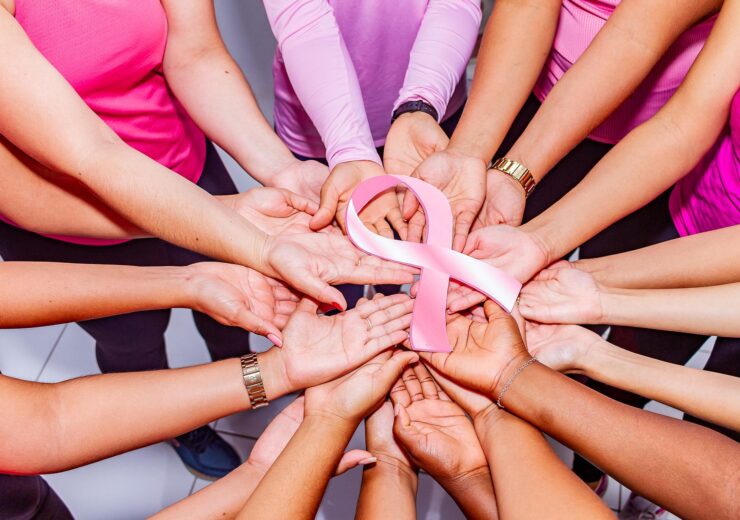The study showed that HER2 status in patient samples could be quickly and precisely determined by the application of the novel non-invasive liquid biopsy technology

Biofluidica announces outcomes of breast cancer study comparing invasive needle biopsies with its LiquidScan platform. (Credit: marcojean20 from Pixabay)
Biofluidica unveiled the outcome of a breast cancer study comparing invasive needle biopsies with its next-generation liquid biopsy platform, LiquidScan, to detect HER2-positive patients.
Utilising individualised HER2-directed targeted therapy, patients with HER2+ genetic profiles have shown high rates of success.
The results of the pilot study (n=16) showed that nearly 25% of patients who may be eligible for HER2-directed therapy are not included in existing biopsies.
US-based Biofluidica is planning for a larger study for better patient profiling leveraging a non-invasive blood analysis.
The study showed that HER2 status in patient samples could be quickly and precisely determined by applying the novel non-invasive liquid biopsy technology.
Biofluidica stated that the results of the study compared more than favourably with the results drawn from the needle biopsy.
The BioFluidica LiquidScan technology is a next-generation liquid biopsy for sensitive and accurate analyses of cells.
LiquidScan highlights the importance of liquid biopsy on circulating tumour cells (CTCs) isolated from a blood sample instead of currently performed cancer cells obtained through breast needle biopsies.
BioFluidica CEO Rolf Muller said: “Our hope with LiquidScan is to be able to facilitate and revolutionise disease research and management.
“Thanks to its flexibility, LiquidScan can be readily adapted for several applications. The platform is ideal for those applications where the ability to conduct frequent tests and deliver results quickly where point-of-care testing is critical.
“I am especially excited that we might be able to find more patients that could be eligible for improved therapy using the high sensitivity LiquidScan Next-Generation Liquid Biopsy platform.”
The research was carried out in collaboration with Biofluidica, Neogenomics (NeoGenomics Laboratories), and Dr Kay Yeung at the UCSD Moores Cancer Center and UCSD Biorepository & Tissue Technology Shared Resource.
The results will be presented at the Precision Medicine World Conference 2022 in Santa Clara from 28 to 30 June.
